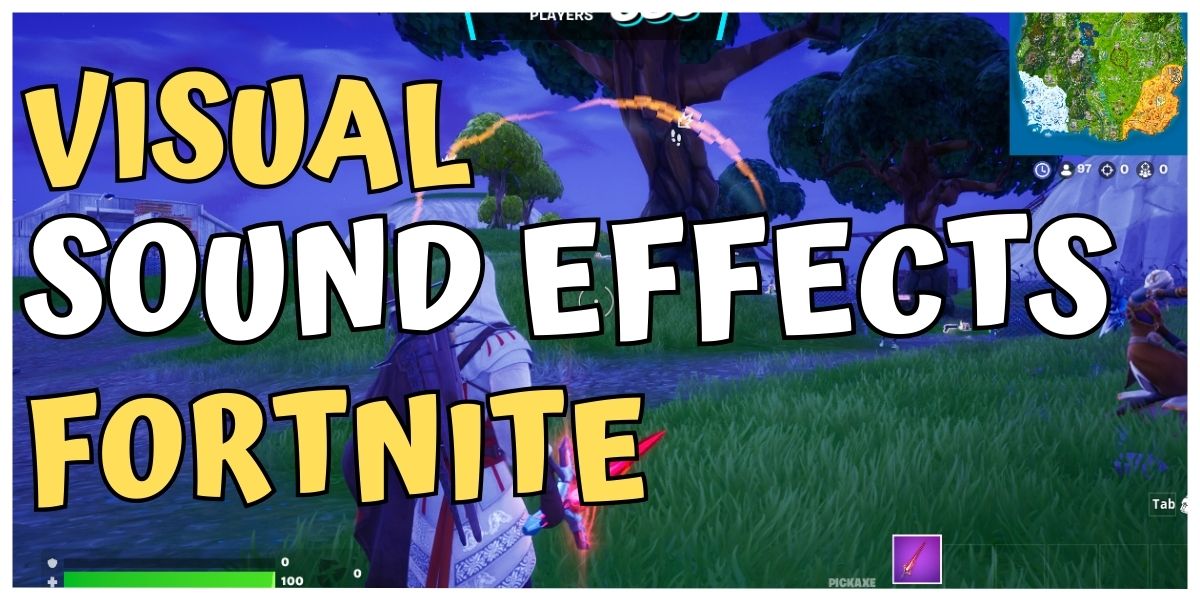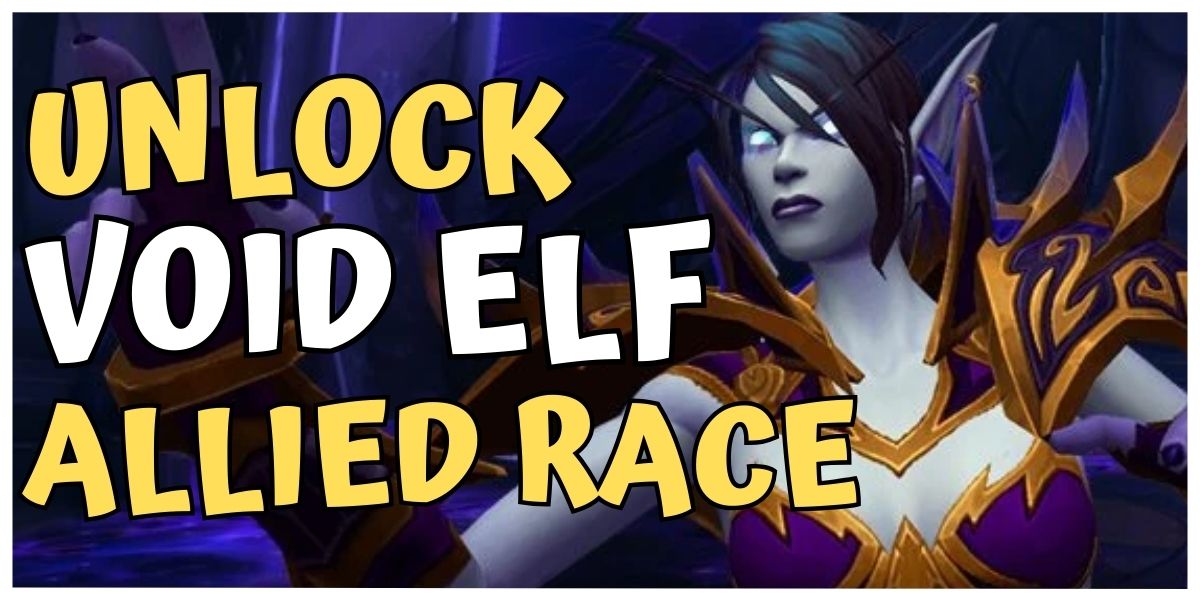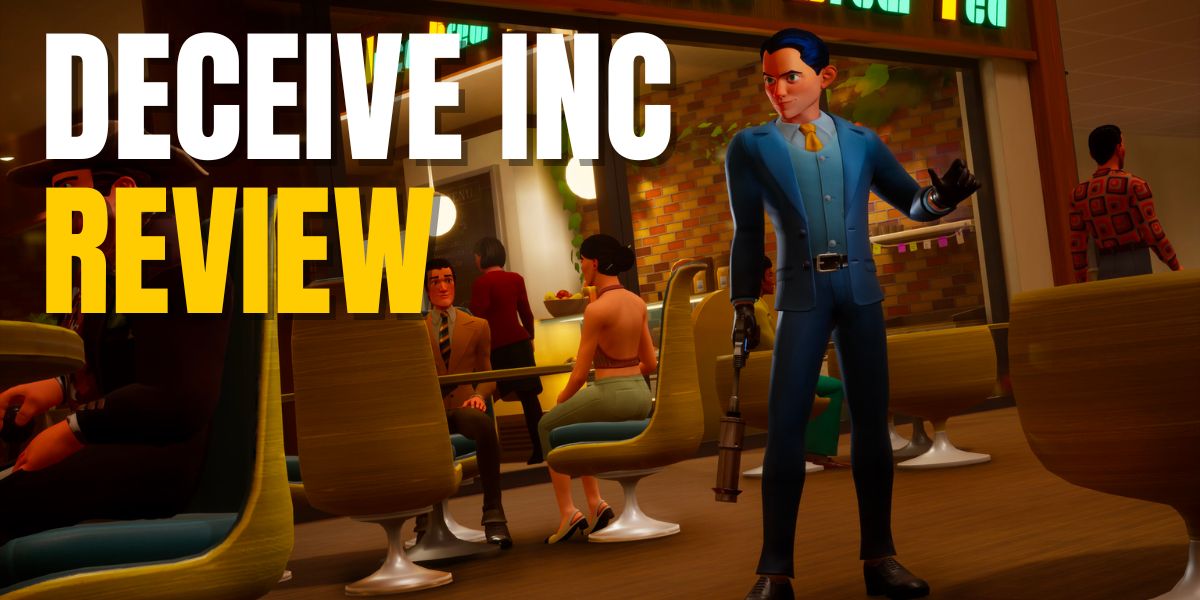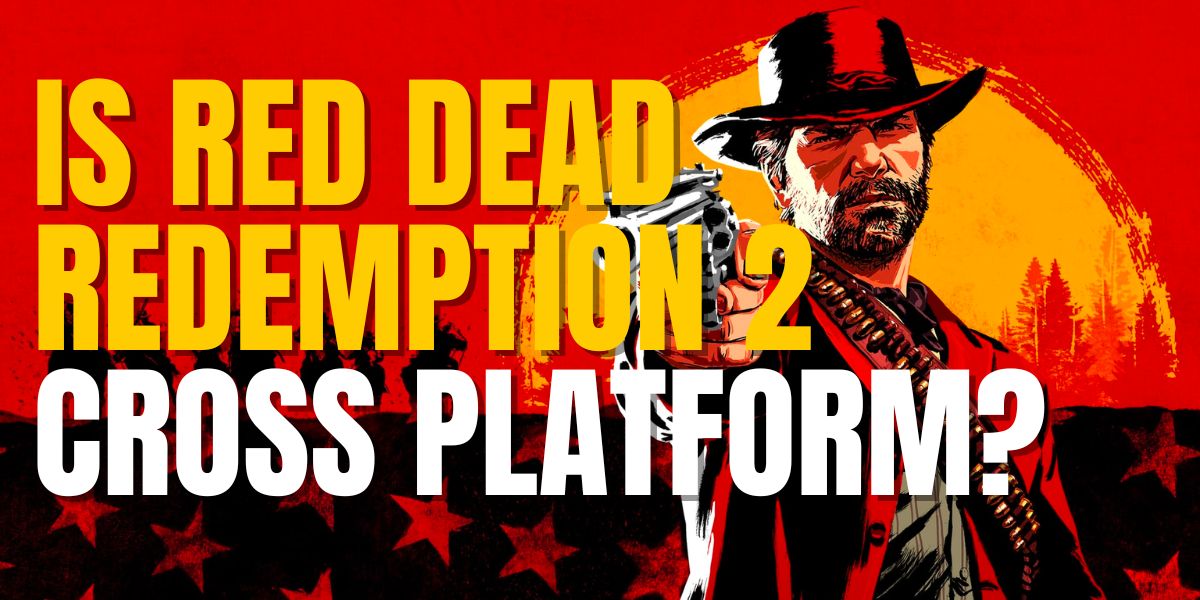Helping You To become A Better Gamer

Guides By Gamers.
All the tips, tricks and guides written on GamingRebellion are written by gamers. Not only that but they’re written by people that actually play the games that the guides are for.
Game Guides
Game Reviews
Click Here For More Game Reviews
Recent Buyers Guides
-

Sneak Energy Review: At a Glance What is Sneak Energy? Sneak Energy was originally created to help gamers not only get that needed energy boost but also help enhance their gaming performance. Perfect for those like me that wanted that caffeine boost without having to drink cups and cups of coffee. Sneak Energy have a large…
-

As a gamer who’s experienced the frustration of dealing with a sluggish mouse in critical gaming moments, I know the importance of having the best gaming mouse in your arsenal. Upgrading to a mouse that can match my skills was a game-changer, elevating my gameplay to a level I hadn’t imagined before. Let me take…
-
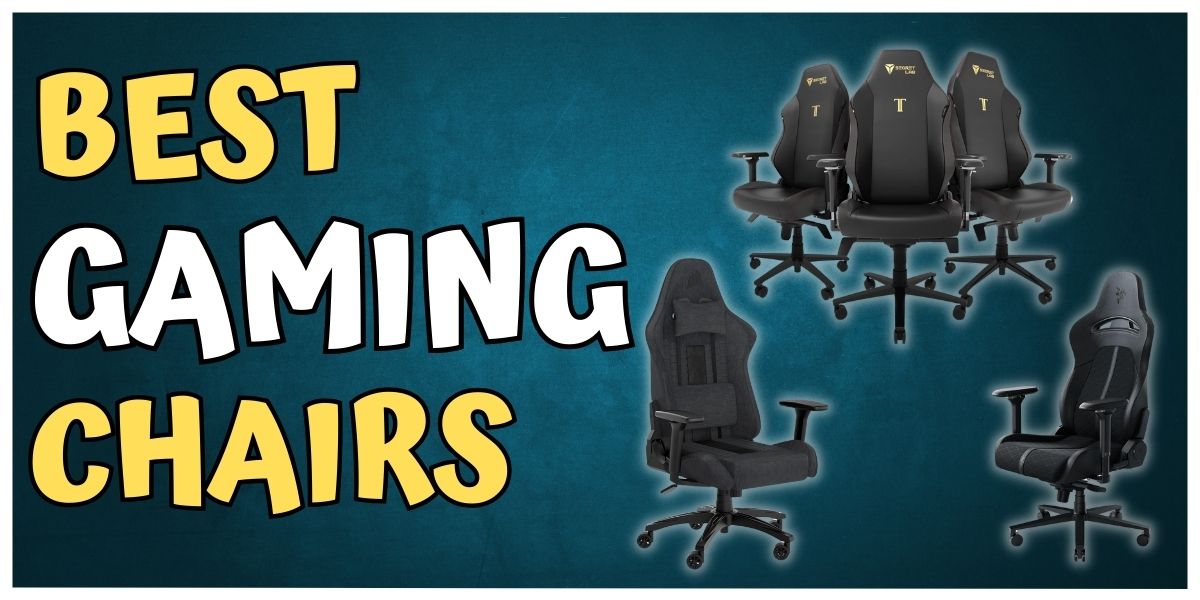
Have you ever felt the nagging discomfort in your back during a thrilling gaming session, or found yourself shifting positions frequently to find that elusive sweet spot of comfort? Imagine settling into a chair that feels like it was made just for you. I’ve tested many different gaming chairs over the years and here are…
-
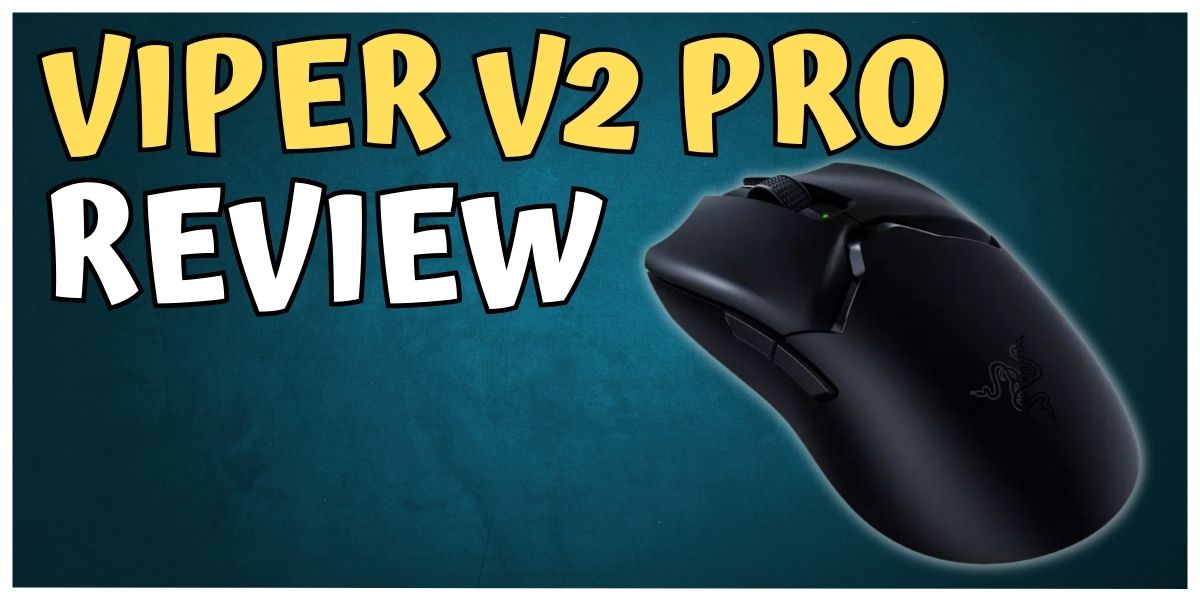
Finding the perfect gaming mouse can be a challenge. Many are either too heavy, lack precision, or simply don’t fit right. You know the frustration of a mouse that just doesn’t respond the way you need it to, especially in the heat of gaming battles. The wrong mouse can slow you down, affect your accuracy,…
-

In the World of Fortnite, where every second counts and every move is critical, your success hinges on more than just skill and strategy. Imagine you’re in the heat of battle, the final circle closing in, and victory is just a few precise shots away. The difference between being the last one standing or just…
-
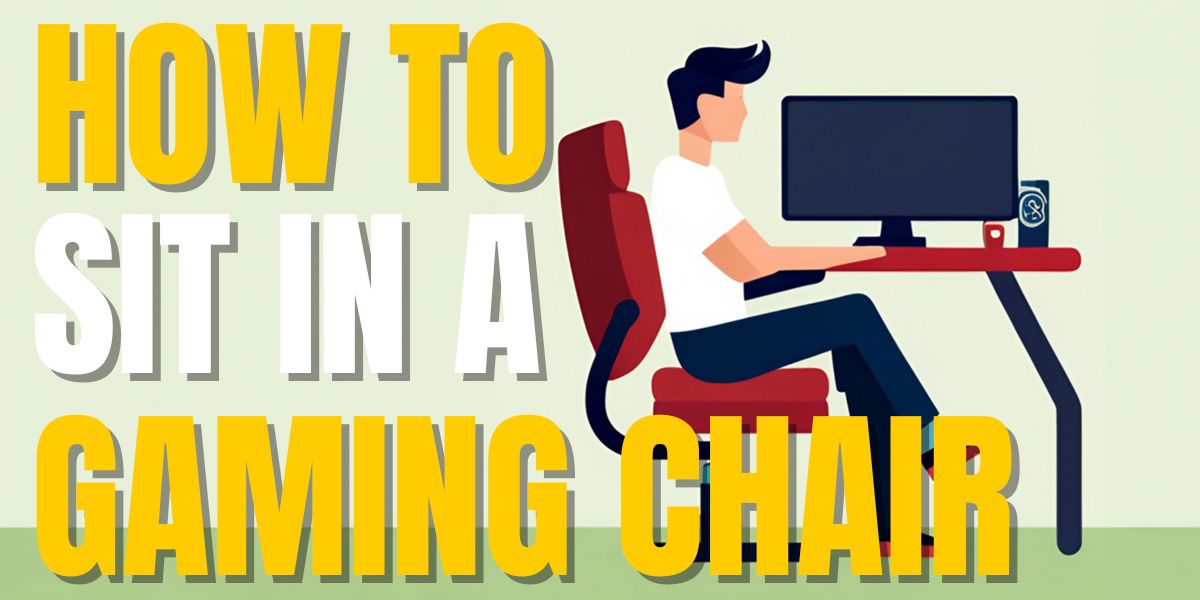
Every gamer knows that an exhilarating gaming session isn’t just about the games you’re playing; it’s also about your comfortable gaming chair itself. If you don’t sit correctly, even the most opulent gaming chair won’t prevent the toll of marathon gaming sessions. Therefore, understanding How to Sit in a Gaming Chair properly to maintain the…
-

If you’re an avid gamer, you’ve probably heard the term “DPI” thrown around when discussing gaming mice. But what exactly does it mean, and how does it affect your gaming experience? In this article, we’ll cover what is dpi in a gaming mouse, including how it impacts gaming performance and accuracy, and how to find…
-

As a gamer or someone who needs an energy boost, you may have come across G Fuel, a popular energy formula drink. G Fuel energy drink has gained a loyal following due to its ability to provide energy, focus, and endurance without the sugar and calories found in traditional energy drinks. But how much caffeine…
Recent Blog Posts
-

Greetings, fellow adventurers and pirates at heart! If you’re setting your sights on the horizon and yearning to explore the vast, open seas with friends, regardless of their gaming device, you’ve docked at the right port. As a passionate gamer who has navigated the treacherous waters and battled against fearsome foes in Sea of Thieves,…
-
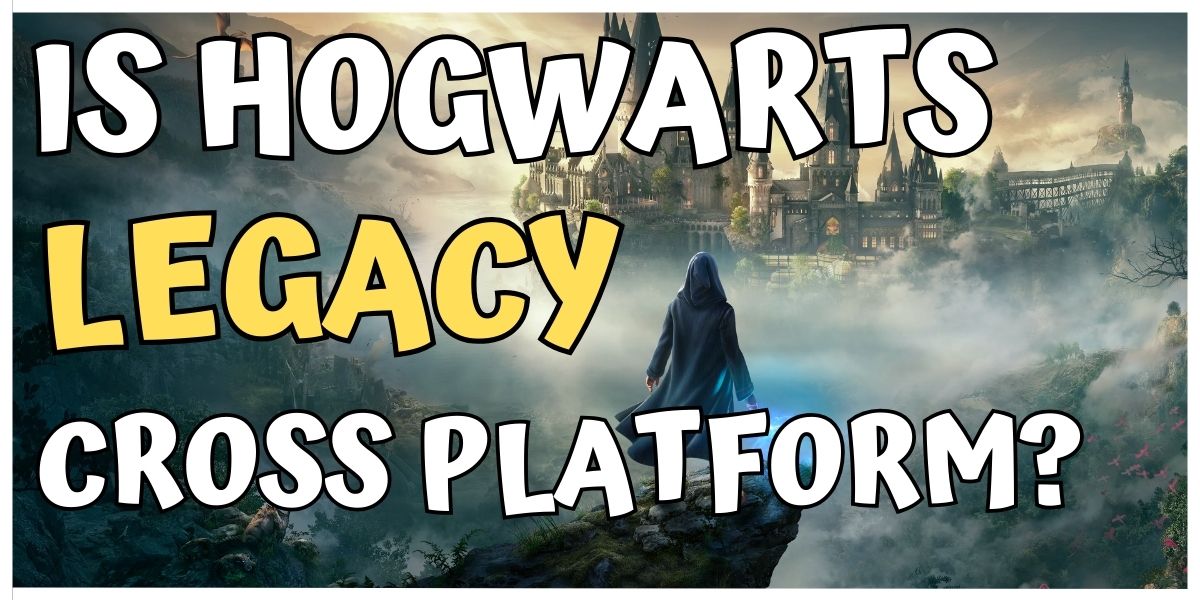
Since its release in early 2023, Hogwarts Legacy has been a standout title, offering numerous features and Easter eggs for Harry Potter enthusiasts. Available on platforms like PS4/PS5, Xbox, PC, and Nintendo Switch, players are curious about its cross play and cross progression capabilities. This guide answers the question, Is Hogwarts Legacy Cross Platform? You…
-
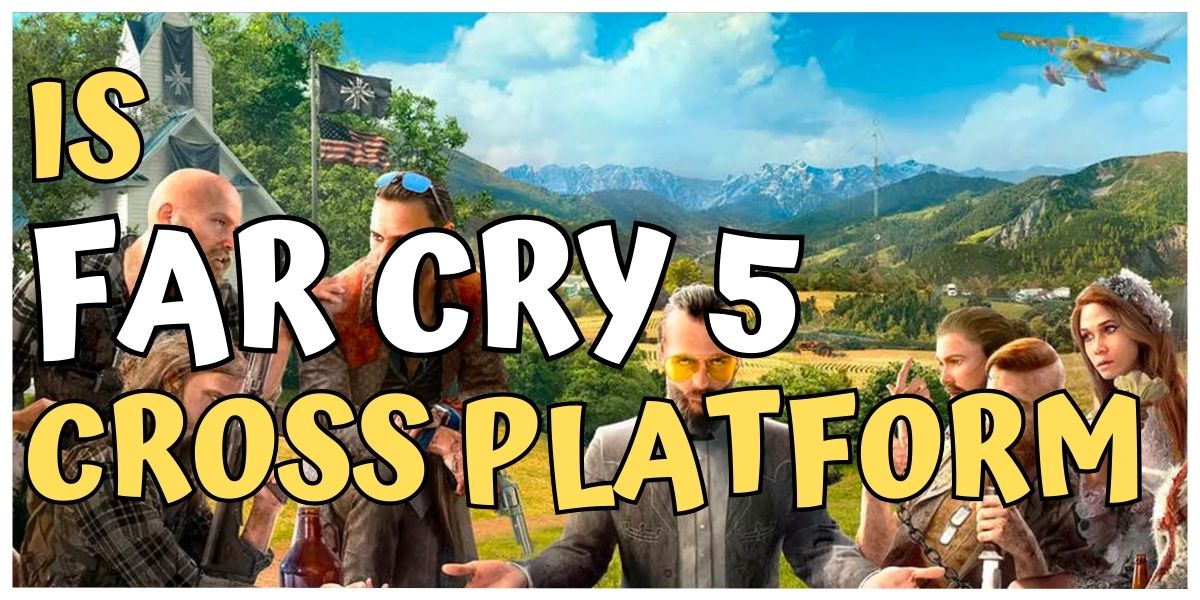
Are you a Far Cry 5 enthusiast longing to team up with friends, regardless of the gaming platform they use? The cross-platform question has been a hot topic in gaming communities, sparking debates and discussions. Keep reading as we dive deep into the world of Far Cry 5 to unravel the truth about its cross-platform…
-

Looking to find out whether or not Fortnite is Cross Platform? I’ll get straight to the point, Yes Fortnite Is Cross Platform. If you’re reading this then you obviously know what Fortnite is and you want to learn how you can play with friends that might be on a different platform. In this article, i’ll…
-

It’s game on, gamers! You’ve got your controller in hand, your headset on, and a determination in your heart to conquer the virtual battlefield of Apex Legends. But wait, your buddy just texted; they’re logging on too, but they’re on a different platform. Xbox vs. Playstation, console vs. PC, the age-old rivalry. So, the big…
-
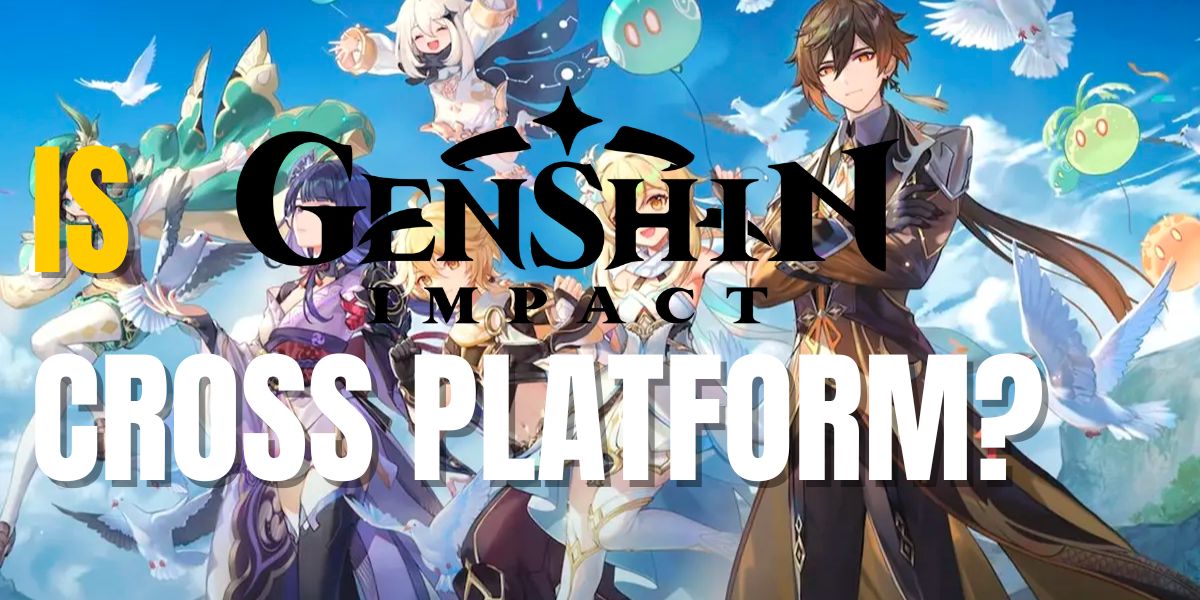
If you’re anything like me, you’ve probably spent a good chunk of the past year lost in the vibrant and immersive world of Teyvat. One moment you’re exploring lush landscapes, the next you’re battling monsters, uncovering hidden treasures, or cooking up a hearty meal for your team. There’s one question that keeps popping up in…
-
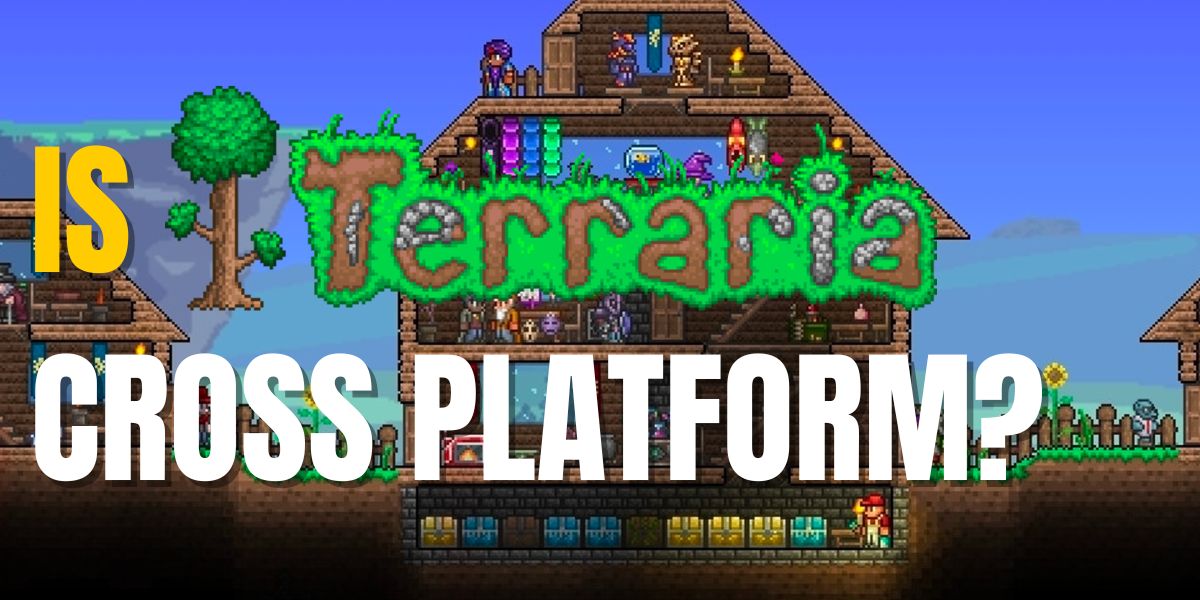
The question many players ask is, “Is Terraria cross platform?” In an age where multiplayer games are breaking down the barriers between platforms, allowing a PC player, console, and mobile users to play together, it’s a very pertinent question. The answer to this question, isn’t as straightforward as some might hope. Terraria is a widely…
-
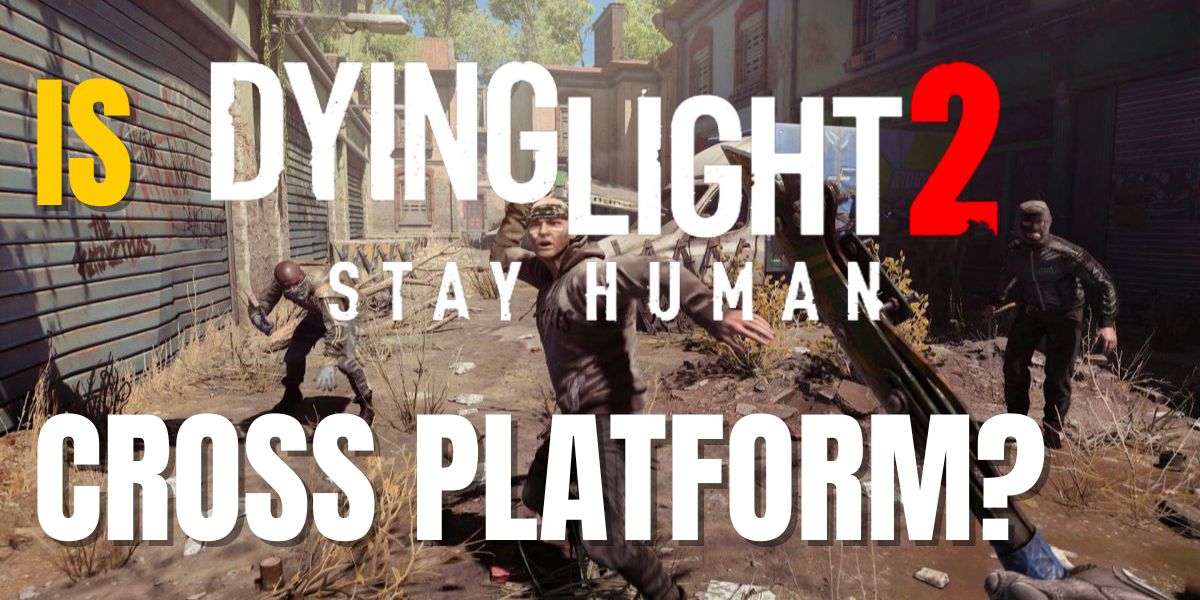
Dying Light 2, the highly anticipated sequel to the popular zombie apocalypse survival game, has gamers buzzing with excitement. One question on everyone’s mind is: is Dying Light 2 cross platform? Unfortunately Dying Light 2 does not support cross-platform functionality, meaning players playing from different platforms will not be able to play together. With the…






